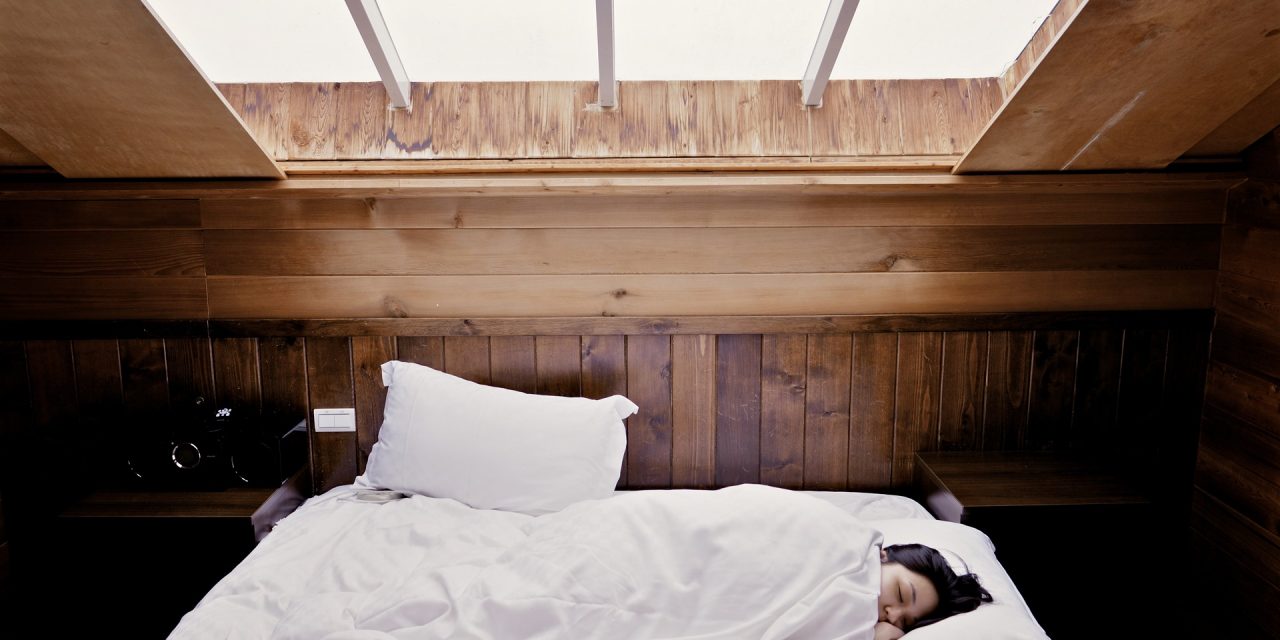Natalie Di Paola
Everyone knows how important it is to get a good night’s sleep. Sleep nourishes the brain, improves memory and mood and reduces the risk of serious health problems. However, most people struggle to get the recommended 7-8 hours a night. Research from the National Sleep Foundation, APA (American Psychological Association) and the Sleep Health Foundation indicate the following are the best tips to ensure you get a healthy night’s sleep.
Don’t think about it
Dr Moira Junge from the Sleep Health Foundation says that, “the best sleepers in the world, the people who report no problems of sleep, don’t think about it. They don’t ever have anything that they do that makes them sleep well.”
It’s best to relax and not stress about falling asleep, as this may cause anxiety and keep you awake. You should also avoid thinking about anything stressful before bed. If you are unable to put these thoughts out of your mind, try writing them down.
Have a regular sleep schedule
Waking up and going to sleep at the same time every day may sound difficult, but over time, it may help you to fall and stay asleep during the night. Pick a time that suits you, but try not to go to sleep too early because, if you are unable to fall asleep, you may become anxious and struggle to sleep.
Dr Junge agrees that it is important to stick to a routine, as our body relies on it for our sleep/wake cycle, appetite, performance, body temperature and more.
“Everything has a circadian rhythm,” she says. “So, the night time is a reflection of the daytime, people think that they can just ‘go, go, go’ and eat badly and not exercise and drink too much and whatever. Or stress and they think they can just get an app out at 10 o’clock and help them sleep.”
Also, you should not sleep for more than 8 or 8.5 hours as this may cause more fragmented sleep. Exposure to sunlight during the day and darkness at night can also improve your sleep cycle.
Wind down…without technology
Having ‘down time’ before bed allows you to relax and get into sleep mode. Reading, meditating and having a bath are some of the best ways to do this. However, most people use technology or watch TV right before bed.
Dr Junge recommends a winding down period of four hours, which means “you can watch some unstimulating TV, not working on your computer…no screens for about an hour or two before your sleep time.”
This is because the light transmitted from them releases the hormone melatonin, which activates the brain instead of relaxing it.
Don’t eat or drink before bed
Eating heavy meals or drinking alcohol or caffeine before bed can disrupt sleep by causing indigestion or stimulating you. If you are going to eat a heavy meal, try not to do so 2-3 hours before sleeping. If you are hungry before bed, a light snack 45 minutes beforehand is okay.
Exercise
“Making sure that you’re physically fit is a really important part of getting a good night’s sleep,” says Dr Junge.
Exercising regularly heals the body and encourages sleep. However, you shouldn’t exercise too late during the day or at night because it can keep you from sleeping by stimulating your energy levels and body temperature.
Create the right sleeping environment
Make sure your room is free of any light or noises to ensure that your sleep doesn’t get disturbed. Room temperature also affects your sleep pattern. The recommended temperature for bedrooms in Australia is 18 degrees Celsius. It is also important that you have the right pillow and mattress. They should be comfortable and supportive, and you should replace them regularly.
It is recommended to change your pillows every six months, however, every three years is also acceptable. The National Sleep Foundation recommends changing your mattress every 9-10 years, however, after 5 years is also acceptable if you are having problems sleeping at night.
Don’t nap
Napping can also hinder your ability to sleep at night. If you must nap during the day, then 20-30 minutes is fine to improve alertness, mood and performance. If you do, you should make sure that you are awake for at least four hours before you sleep. You should also avoid napping in the afternoon as it is too close to your bed time and can prevent sleep.
Dr Junge believes that staying up every now and then is harmless, but that you should still aim to get adequate sleep most nights of the year.
“It’s really important for our mood, energy, cognitive functioning, for safety on the roads and operating machinery, for nearly every aspect of your life,” she says.
“Inadequate sleep over a long period of time is linked to obesity, increased risk for type 2 diabetes, of cardiovascular disease and some cancers, but it’s not good to be too alarmist.”












